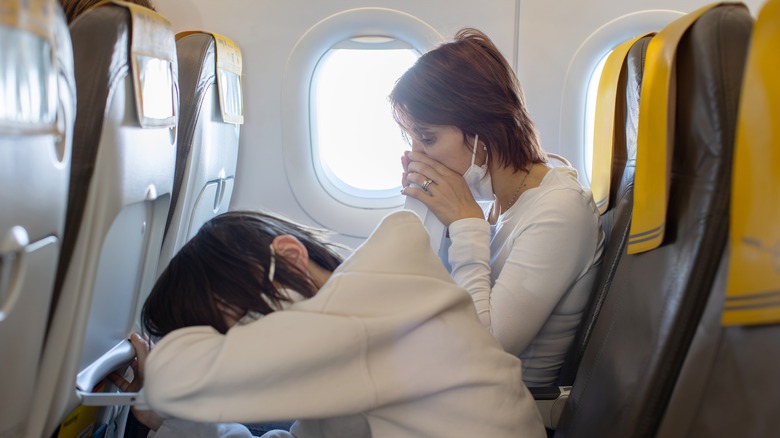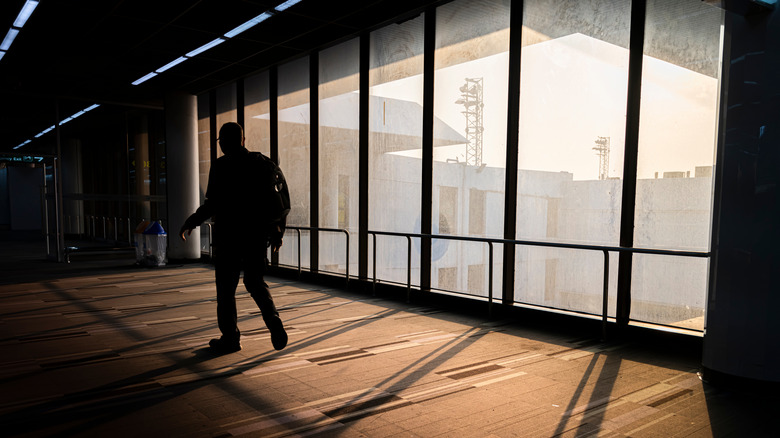The question might sound a bit unusual, but it’s a valid one in today’s wild air-travel environment where an airplane window broke mid-flight: Can you actually get kicked off a plane for smelling bad? While it might seem extreme, there are indeed circumstances where rank body odor can lead to significant issues during air travel, including the possibility of being removed from a flight.
Airlines are tasked with ensuring the safety and comfort of all passengers, beyond just safety protocols and mechanical checks. It also encompasses creating an environment where all passengers can travel comfortably. To this end, most airlines have policies that address situations where a passenger’s behavior or condition, including hygiene issues, could infringe upon the comfort of others.
When it comes to B.O., airlines generally handle these situations delicately. However, they do reserve the right to deny boarding or remove a passenger from a flight if they believe the person’s odor is significantly impacting the comfort and experience of other passengers. This is typically covered under broader policies regarding any behavior or condition that might be disruptive or offensive.
For example, American, United, and Delta airlines all have a clause in their flight contracts specifically for this kind of smelly situation. If anyone’s “hygiene or odor creates an unreasonable risk of offense or annoyance to other passengers,” according to Delta, they may get kicked off the plane. Perhaps, then, you can breathe a sigh of relief (or not).
Cases of pungent passengers and flyer’s rights

There have been several cases of pungent passengers getting deplaned over the years. A Transavia flight had to land due to a severe incident: several people started vomiting simultaneously because of a horrible smell emanating from one passenger. Another ordeal happened on an American Airlines flight, where a rowdy and flatulent flyer was excessively and deliberately passing gas (no joke). People complained, flight attendants got involved, and the man was escorted away.
There’s a significant social and ethical dimension to this issue: the fine line between maintaining comfort for all, and discrimination. When an entire family of three got kicked off a plane because passengers and crew could not tolerate their smell, per CBS News, the family claimed religious prejudice may have been the real reason. They were booked on another flight and provided meals and accommodation in the interim.
In a society where personal hygiene is a sensitive topic, being removed from a flight for body odor can have deeply embarrassing and lasting impacts. Many uncontrollable factors, including medical conditions, cultural differences, stress levels, and personal circumstances, can influence a person’s smell.
Passengers do have certain rights, and these are protected by various regulations and airline policies. If a passenger is removed from a flight due to B.O., the airline typically has to provide a clear reason for the decision and offer a resolution, such as booking a later flight or offering a complimentary hotel stay. Nonetheless, a bad scent can indeed be the ticket off an airplane.

